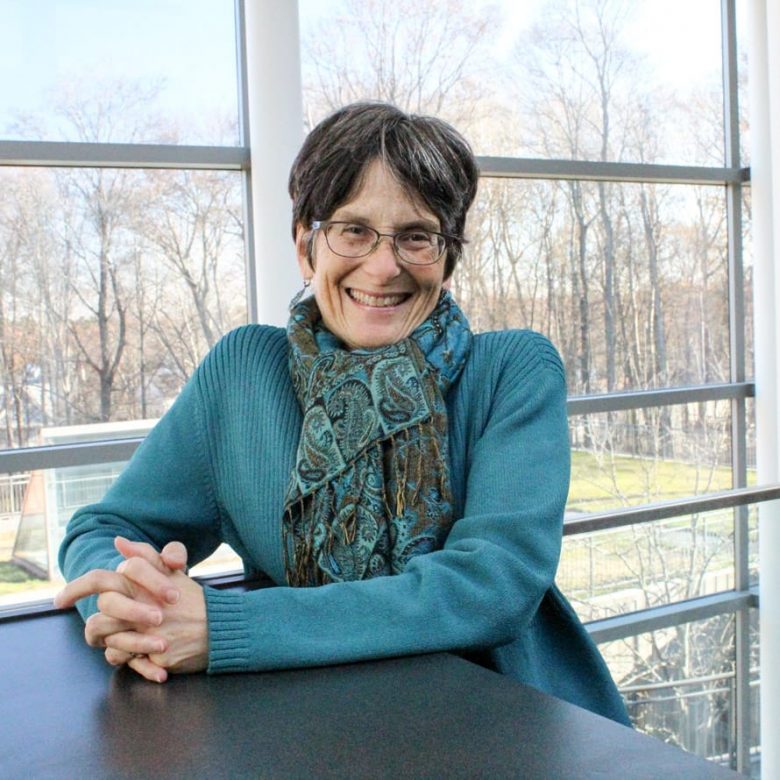Community Blog More Than Enough: Cultivating a Capacious Heart

The first thing we learn about Moses’ father-in-law Yitro in this week’s parsha is that he – a Midianite – is able to fully rejoice in the good fortunes of the Israelite people. “Yitro was happy about all the good that the Lord had done for Israel, that God had rescued them from the hands of the Egyptians.”
This in and of itself it worth noting. We all know how human it is to have difficulty fully rejoicing in another’s good fortune. There are things that get in the way. A sense of scarcity – perhaps there is not enough to go around, perhaps someone else’s blessings will somehow diminish my own. Or related, a sense of jealousy – I see the blessings in someone else’s life, and I cannot help but wish for a bit more of what they have, particularly if things in my own life are hard.
But Yitro embodies a quality of capaciousness – and indeed, his name itself comes from the Hebrew root yeter, or yoter. Abundance. More-than-enoughness. What Yitro embodies here is a quality of big-heartedness. There is more than enough room in his heart to truly rejoice in the blessings of another people.
And there’s more. Rashi picks up on the strange choice of the Hebrew word for “happy” in this verse. Vayichad. Yitro’s joy here is understood to be genuine and profound. His devotion to Israel is unquestioned. But the Hebrew root contains a hint of something else going on at the same time – something else that Yitro is experiencing alongside this devotion and joy. Vayichad shares its Hebrew root with the word l’chaded, “to sharpen”, or chidudin, meaning “pointed.” Rashi, citing an earlier midrash, suggests that the reason this unusual word is used here is because Yitro’s skin got “pointy” – chidudin, chidudin. In other words, he got goosebumps.
Why did he get goosebumps? Because, according to the midrash, as he listened to Moses’ account of what had happened, he couldn’t help but also feel compassion for the Egyptians who were killed in the process of Israel’s liberation. Yitro’s goosebumps are understood by the midrash not as a failure, but as further indication of his capacious heart. Yitro – whose name means more-than-enough – has more than enough room in his heart for both Israelite and Egyptian, joy and sorrow, devotion and compassion.
The same quality of capaciousness is subtly related to Yitro’s famous leadership advice to Moses that comes in the next breath. Yitro sees Moses sitting and hearing case law all day – one dispute after another – and Yitro asks him: What are you doing? Moses says: “The people need me to adjudicate all of these cases.” Yitro responds: “What you’re doing is not right.” You will become worn out. You cannot do this alone.
Within Yitro’s demand that Moses learn to delegate is a deeper emotional and spiritual insight: “Don’t make the mistake of thinking that you alone are enough.” That is the heart of Pharaoh – who says “Li ye’ori va’ani asitini” (Ezekiel 29:3) – My Nile is My Own and I made it for Myself.” This is narcissism, not leadership, suggests Yitro. True leadership, according to Yitro, requires the capacity to make room for others – for different experiences, different voices and perspectives, different roles, and different gifts.
This is not just about avoiding burn-out (though it is that!). It is about the abundance that flows from humility – from recognizing that we alone are not enough, but together, we are more than enough.
Rabbi Sharon Cohen Anisfeld is President of Hebrew College in Newton Centre, MA.
Interested in a possible career in the rabbinate? Read Rabbi Dan Judson’s article “Jewish Lessons on Meaningful Work.“ Rabbi Judson is Dean of the Rabbinical School of Hebrew College. He has a PhD in Jewish history from Brandeis University.

